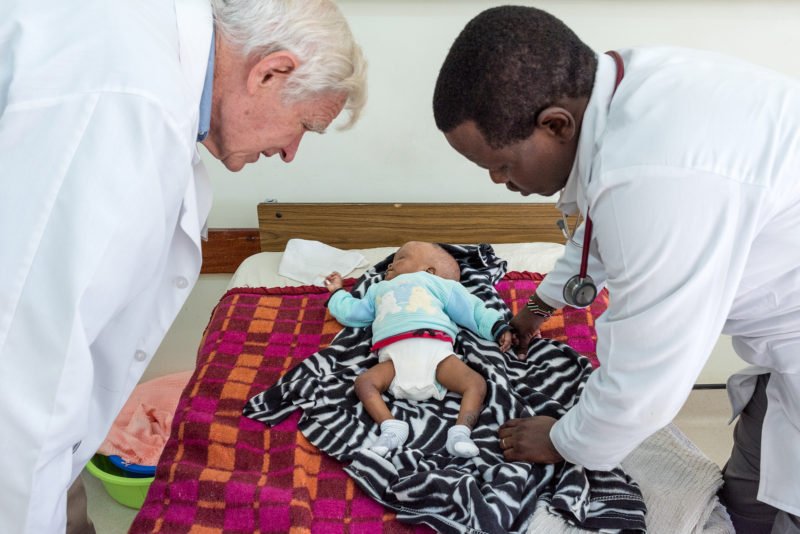IF response to UN Special Rapporteur: key role of medical education

The UN Special Rapporteur on the right of everyone to the enjoyment of the highest attainable standard of physical and mental health launched a consultation on medical education and health workforce strengthening. IF’s response focuses on the key role of medical education in the primary prevention of neural tube defects and with regard to care for persons with spina bifida and hydrocephalus (SBH). It also states that the promotion of the human rights based approach to disability is key to end stigma surrounding SBH.
Medical professionals are key actors in the lives of persons born with SBH and their families from the initial diagnosis through the lifetime of medical decisions and interventions. (Future) healthcare professionals need to have access to the most up-to-date information about surviving and living with congenital disabilities, which should be based on the latest research and reflect the advances in medical technologies.
Similarly, the health workforce needs to be trained in raising awareness on the essential role folic acid plays in the primary prevention of neural tube defects, in particular among vulnerable groups of the population, such as women of low socio-economic status, women with low levels of education, or women with disabilities. Each new generation needs to be educated about which steps to take to improve pregnancy outcomes.
Continuous collaboration between the medical profession and associations representing persons with disabilities and medical conditions is necessary for lifelong learning of the medical sector.

